The Decline of AAA Studios
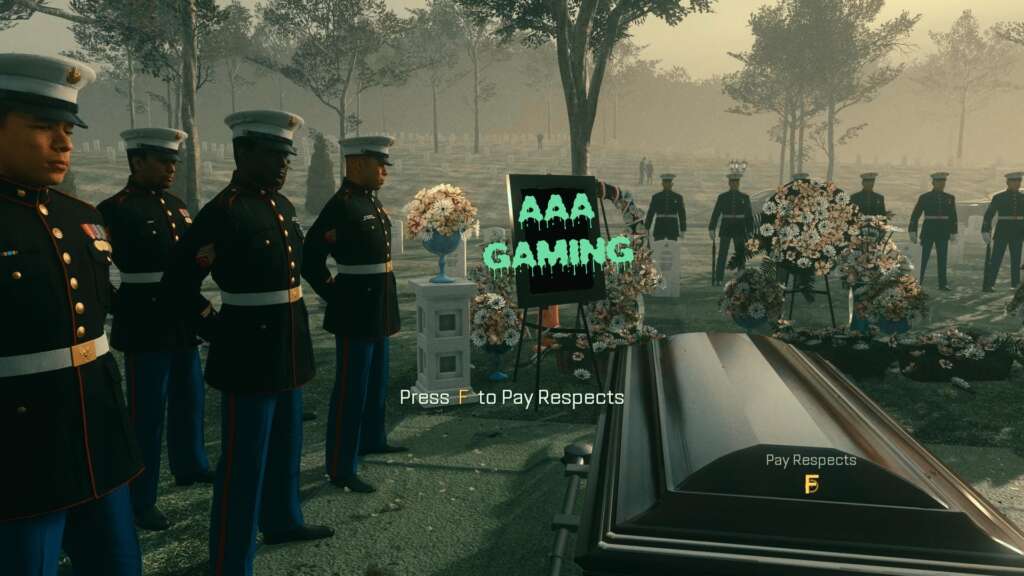
For decades, big-budget AAA studios have dominated the gaming industry, pushing out visually stunning, heavily marketed titles. Yet, these releases increasingly arrive burdened with microtransactions, restrictive DRM, unfinished content, and formulaic design.

While AAA games often boast cinematic scope, many gamers feel they are losing sight of what made games special in the first place: freedom, creativity, and community-driven fun.
This frustration is one reason gamers are turning away from AAA studios in recent years. But when one door closes, another one opens – And for a huge group of gamers wanting to relive that feeling of creative freedom, their interests have moved towards modding.
What Are Game Mods?

Modding—the practice of altering or adding to a game’s code, assets, or features—has become more than just a hobby. Games like Skyrim, Minecraft, and GTA V have thrived for years—sometimes decades—because of their modding communities.
These communities introduce fresh content, fix long-standing bugs ignored by developers, and expand the possibilities of gameplay far beyond what the original creators envisioned. Mods range from the practical, such as bug patches and performance enhancements, to the wildly inventive: total conversion mods, fan-made expansions, and entirely new genres born out of player experimentation.
The Most Influential Game Mods of All Time

Some mods have become so influential that they reshaped entire genres and even inspired standalone games:
- Counter-Strike (Half-Life mod): Evolved into one of the most successful competitive shooters in history, defining the tactical FPS genre.
- DayZ (Arma 2 mod): Popularized the survival genre and paved the way for games like Rust and Escape from Tarkov.
- Dota (Warcraft III mod): Spawned the entire MOBA genre, leading to global hits like League of Legends and Dota 2.
- Garry’s Mod (Half-Life 2 mod): A physics sandbox that turned the Source engine into an open playground for creativity, machinima, and experimental game modes.
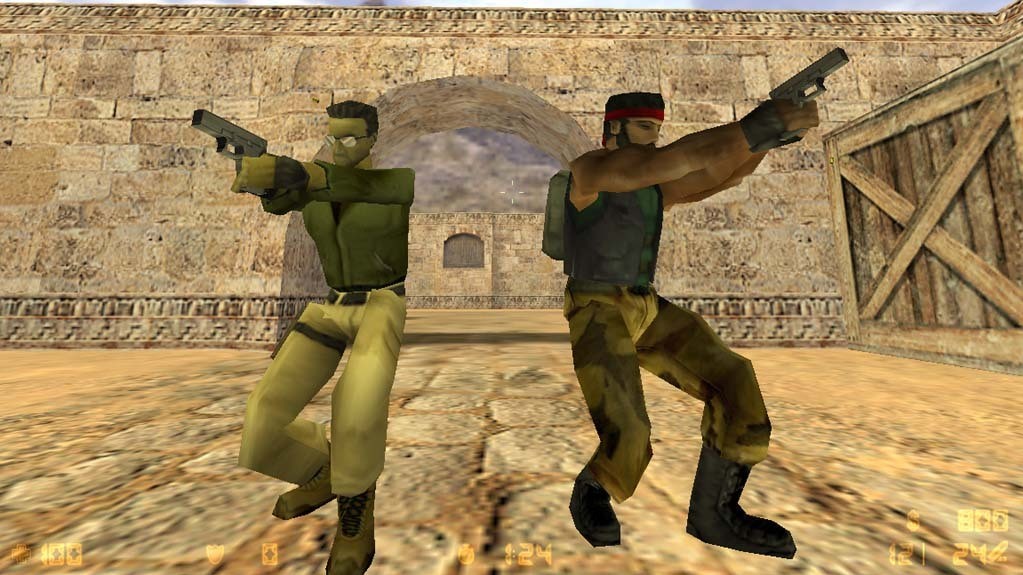
These examples prove that modding isn’t just about tweaking games—it can create whole new industries within gaming.
Modding vs AAA Control
This grassroots movement highlights a key tension in the gaming industry. Where AAA studios often lock down their ecosystems to preserve control and profitability, modders embody openness and collaboration.
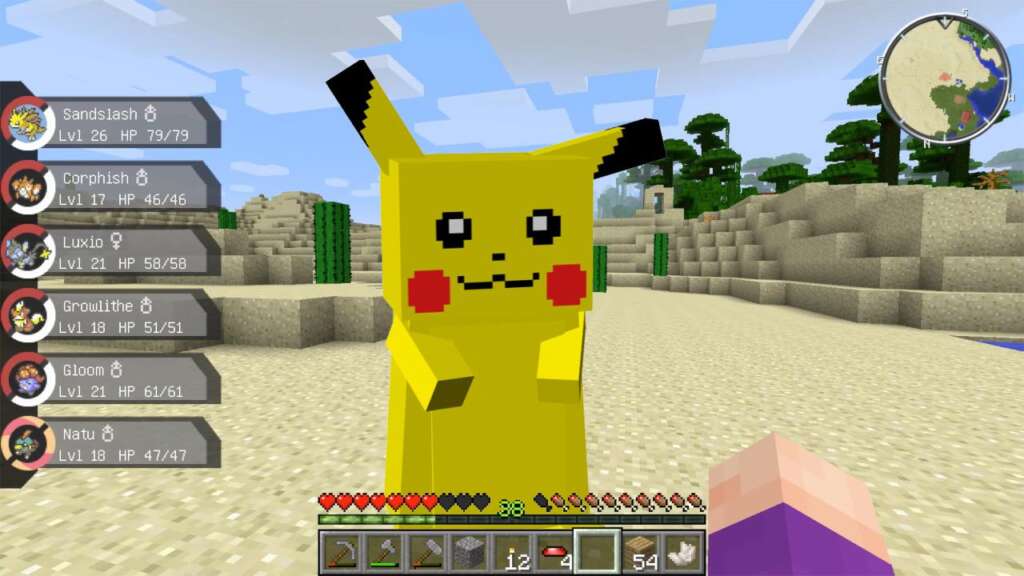
Increasingly, gamers are finding more value in titles that encourage modification, or in indie games that adopt a “player-first” ethos. Some even argue that the most innovative work in gaming today comes not from massive corporations, but from unpaid fans working out of passion.
Why Gamers Prefer Mods and Indie Games
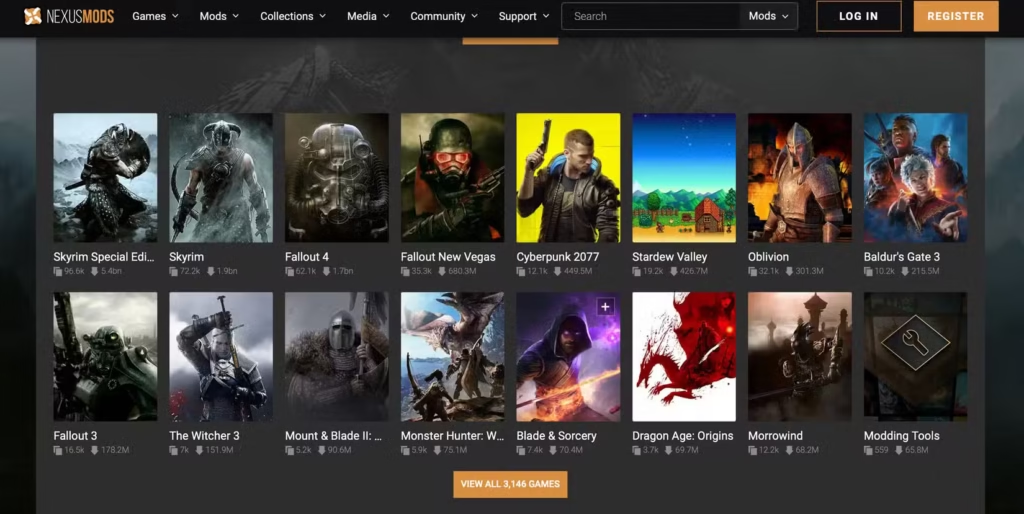
The trend suggests a broader cultural shift in gaming. As digital communities grow stronger and tools for modding become more accessible, the balance of power in gaming is subtly tilting away from publishers and toward players.
For many, this represents a reclaiming of gaming as a participatory culture rather than a passive consumer experience.
Looking Ahead: The Future of Gaming Trends
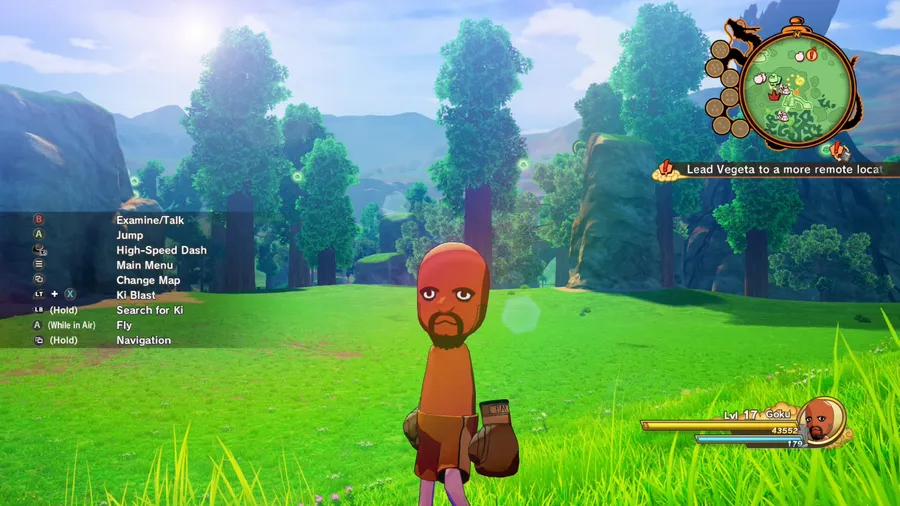
In the end, whether AAA studios adapt or not, the rise of modding signals that players want more than just high-budget spectacle. They want agency, creativity, and a sense of ownership in the worlds they inhabit.
If the industry doesn’t listen, it risks watching its audience drift further toward the vibrant, player-driven frontiers of modding and indie innovation.


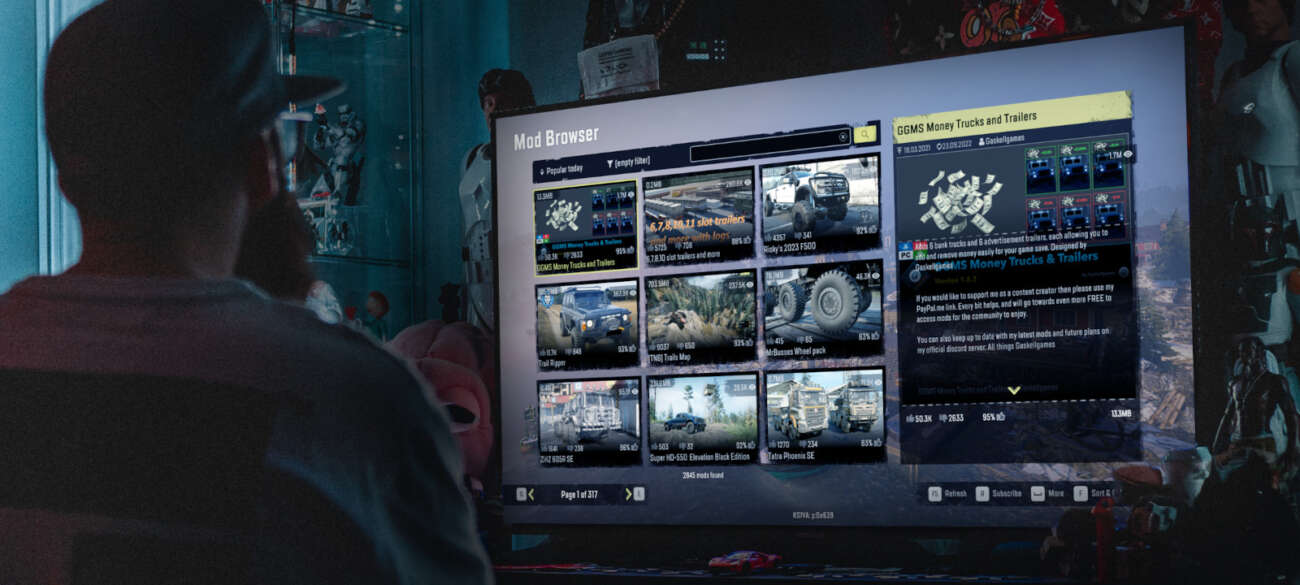


Leave a Comment